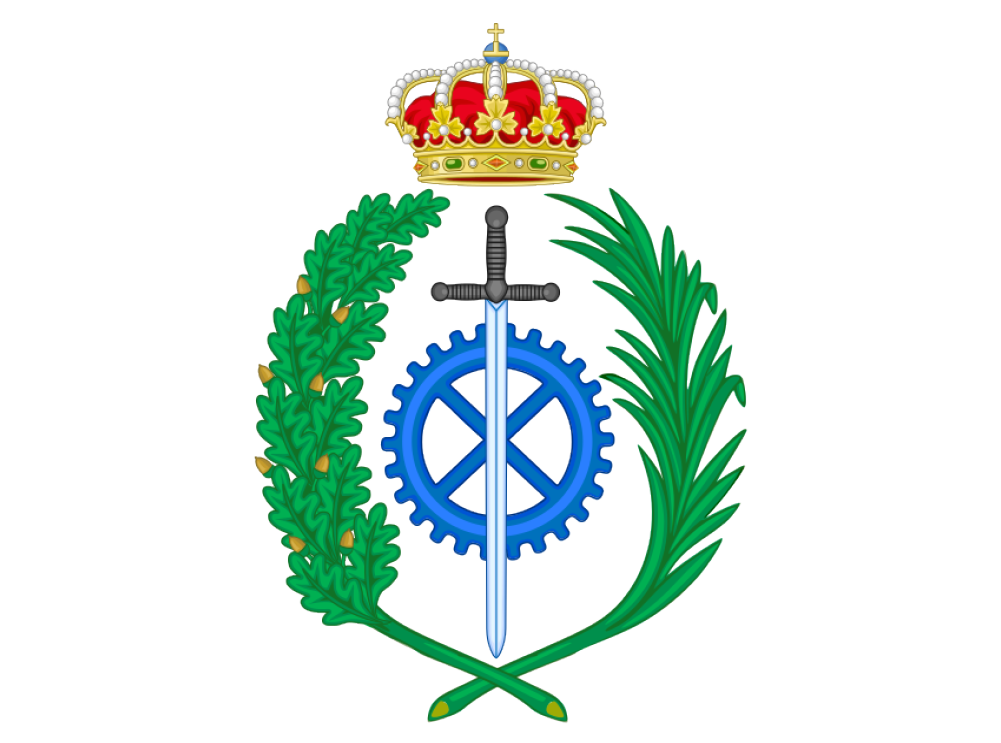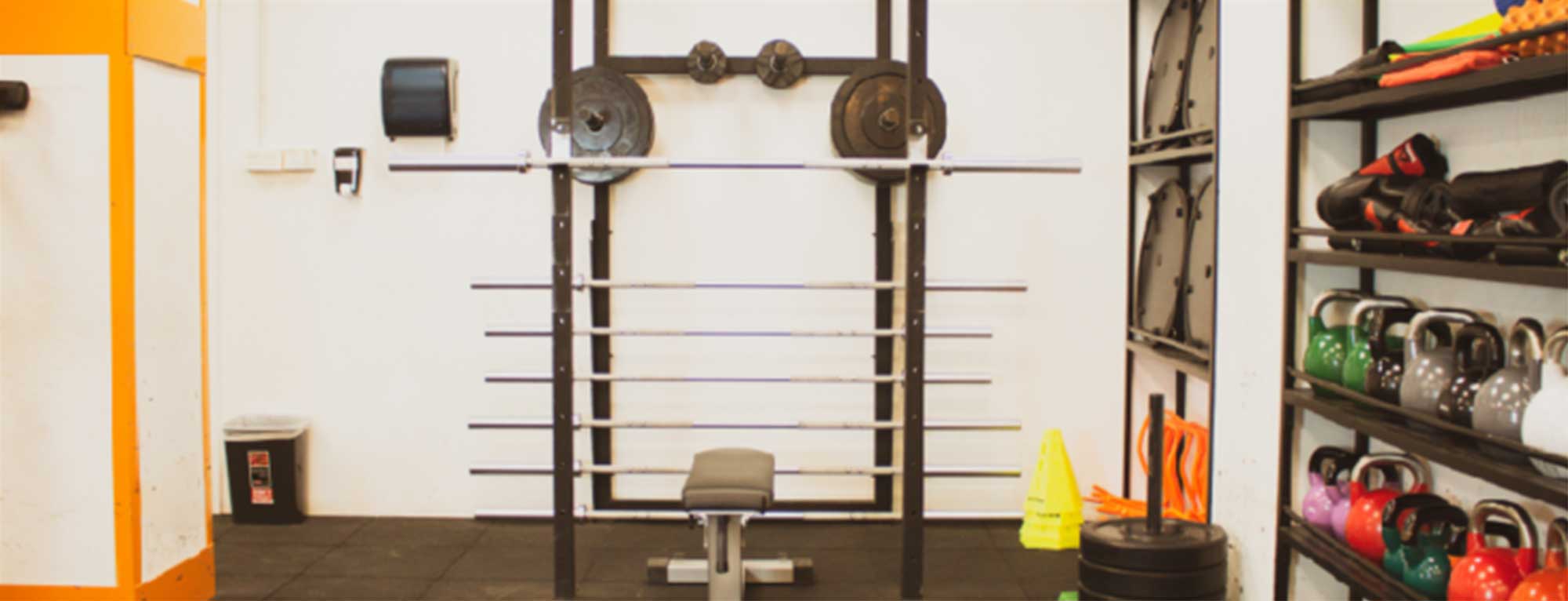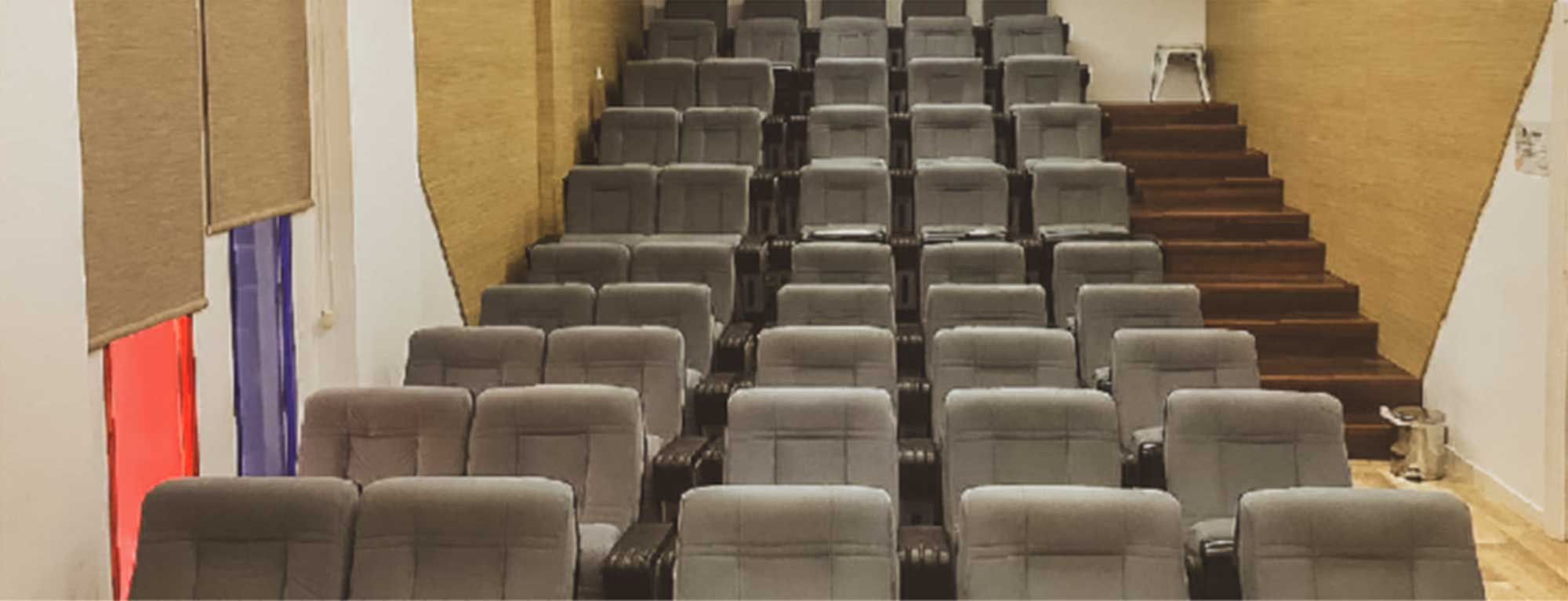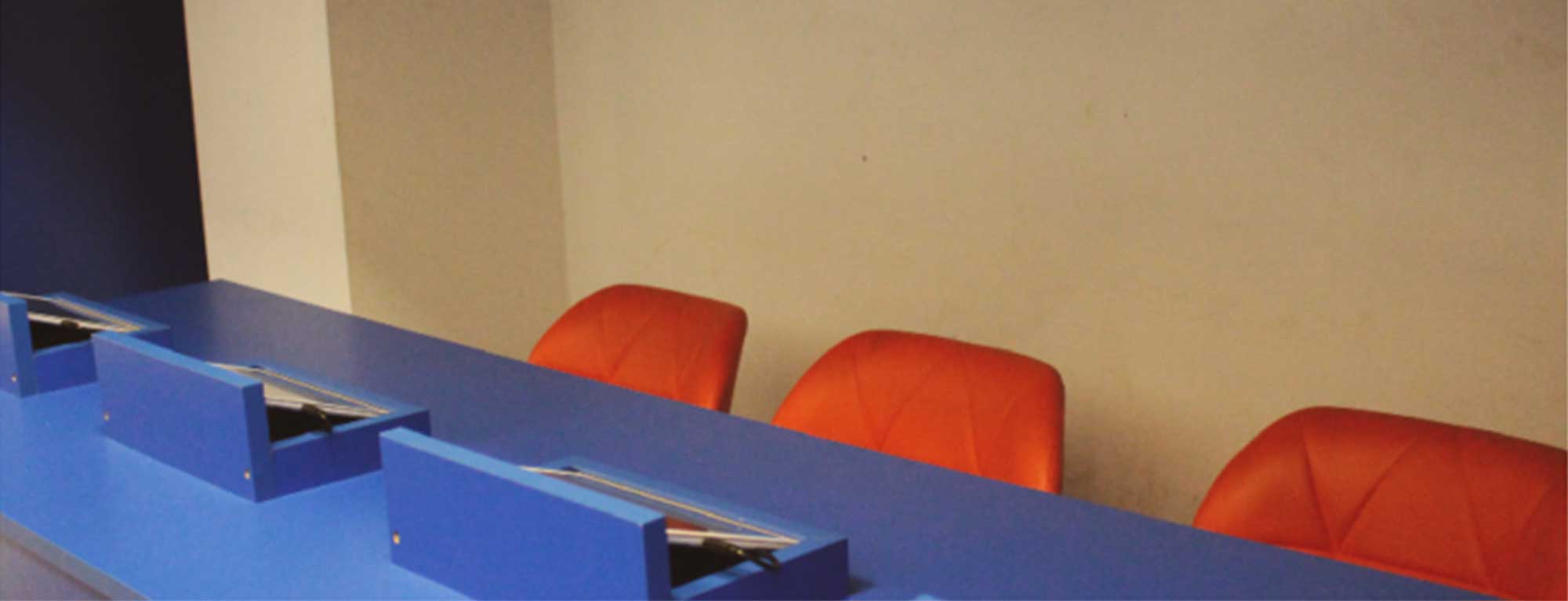
Oposiciones:



Policía Nacional

Guardia Civil
Curso Anual e Intensivo para las promociones XLIII (Policía) - 132 (Guardia Civil)
Semipresencial y online
¡Matrícula abierta!
(* Exclusivo para nuestros opositores)
Otras oposiciones:
 Policía Local
Policía Local
 Soldado Profesional
Soldado Profesional
 Funcionario de Prisiones
Funcionario de Prisiones







